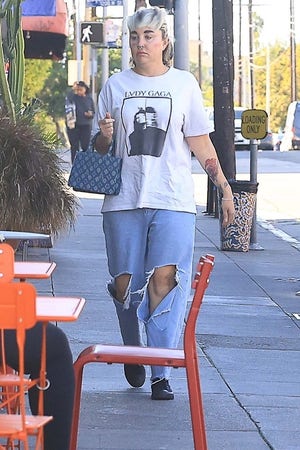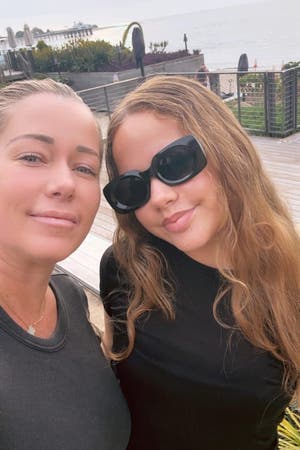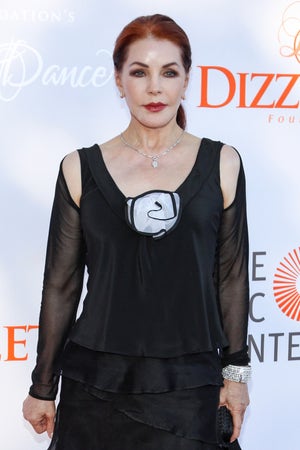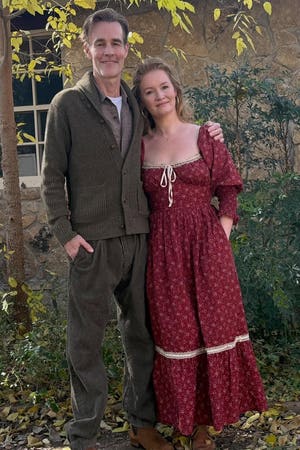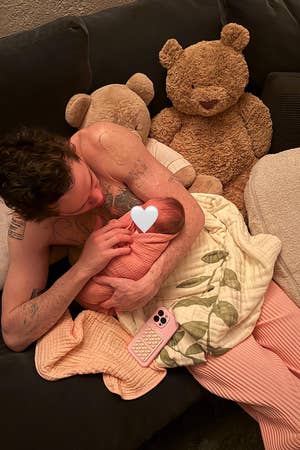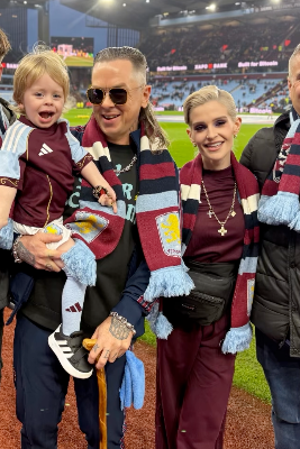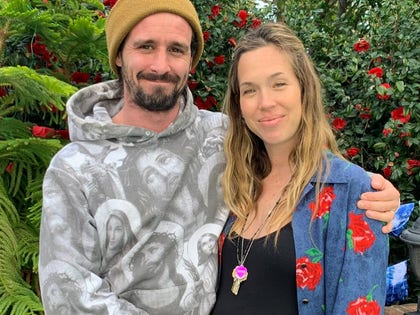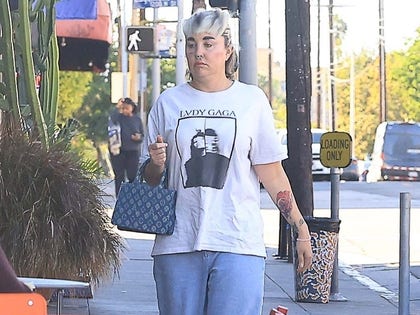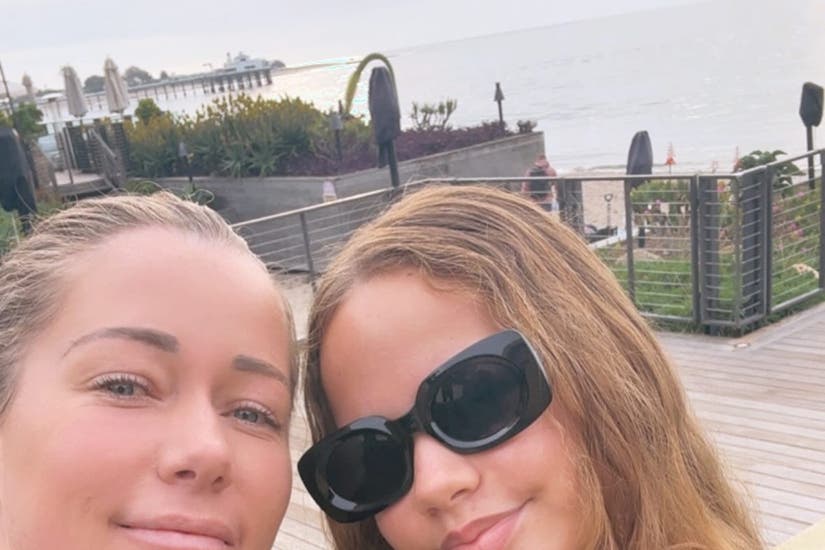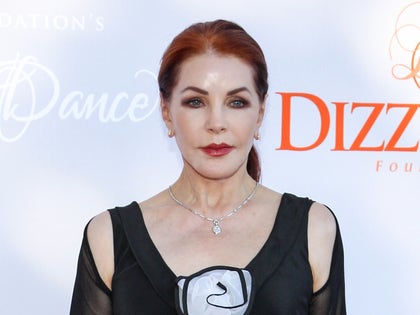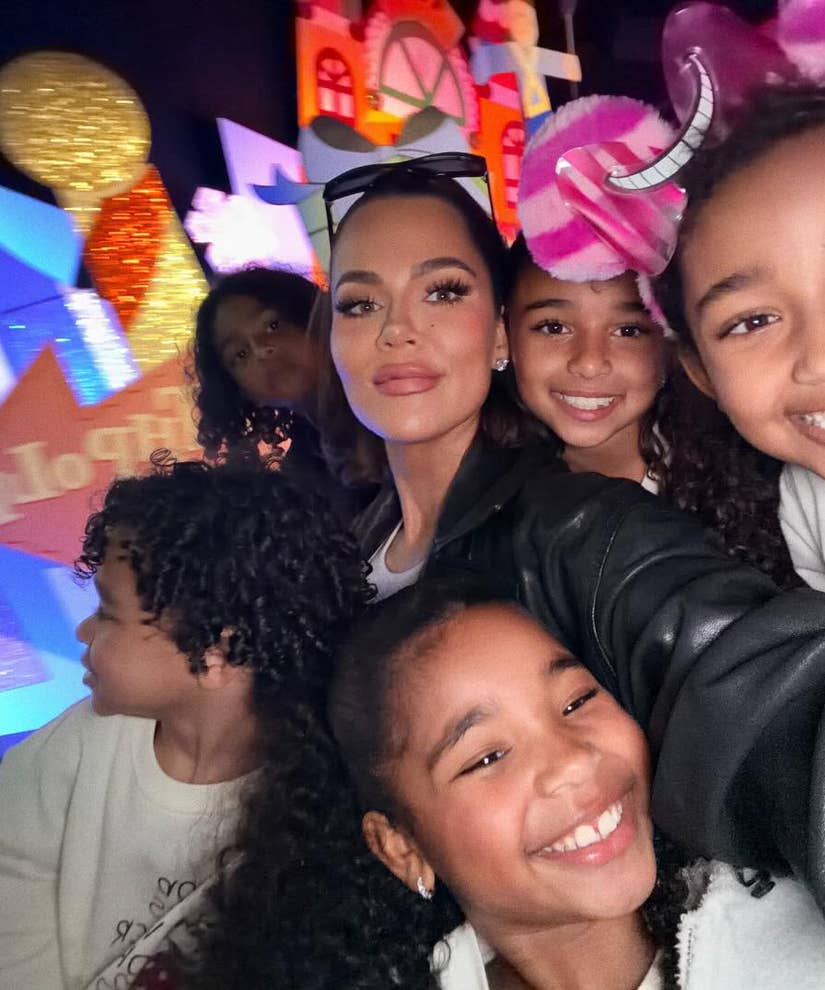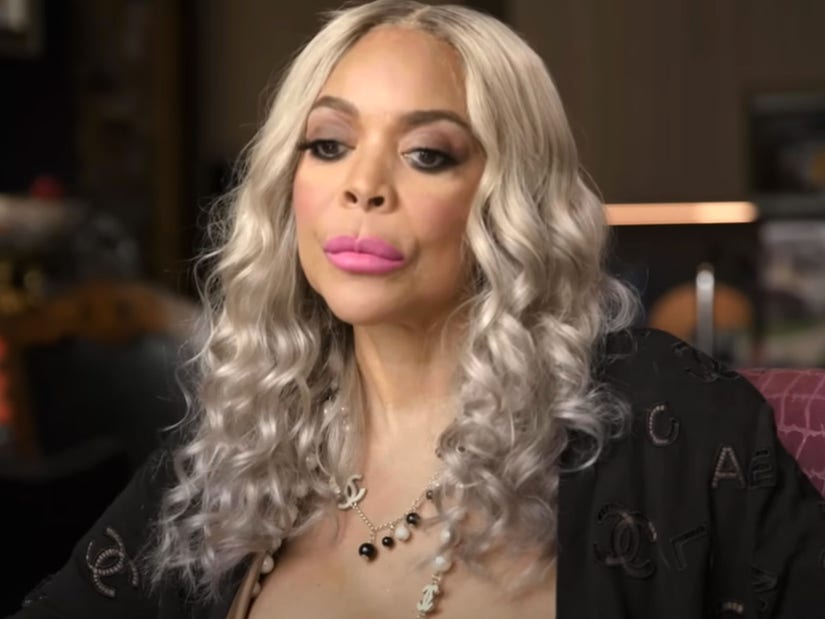 Lifetime
Lifetime
"Why is the family not able to be a part of Wendy's life? Why is the family not able to serve as her guardian?" These are some of the questions at the heart of Lifetime's new docuseries Where Is Wendy Williams?
As Wendy Williams' personal demons and issues pushed her further and further from her talk show and the life she loved, they wound up pushing her away from her family, too. All while dealing with the same cognitive issues that have brought Bruce Willis closer to his.
It all took an unexpected turn when the former talk show host was suddenly put under a full guardianship in May 2022. The family said they have no idea why this decision was made and court papers remain sealed.
 Getty
Getty
Wendy Williams' Family Details How Docuseries Changed from Comeback Story, Where She Is Now
View StoryA new press release revealed on Thursday shed light on what's been going on with her. Wendy's care team revealed, first obtained by Today, that the former radio host has been diagnosed with primary progressive aphasia and frontotemporal dementia, the same diagnosis as Willis.
"Over the past few years, questions have been raised at times about Wendy's ability to process information and many have speculated about Wendy's condition, particularly when she began to lose words, act erratically at times, and have difficulty understanding financial transactions," the release stated.
"Unfortunately, many individuals diagnosed with aphasia and frontotemporal dementia face stigma and misunderstanding, particularly when they begin to exhibit behavioral changes but have not yet received a diagnosis," the document continued. It was released, per the care team, to raise awareness about aphasia and FTD.
The decision to put Wendy under guardianship back in 2022 came just months after Wells Fargo froze her bank accounts after her financial advisor at the time told the financial institution that she was of "unsound mind," according to Wendy's lawsuit. She was put under a financial guardianship in January 2022 after the bank petitioned a court in New York expressing concern for her cognitive state.
 Getty
Getty
Demi Moore Shares Advice for Families Dealing With Dementia Amid Bruce Willis' Diagnosis
View Story"All I know is that Wendy and her team walked into the courtroom one way, and they walked out, and the family is completely excluded," her sister Wanda Finnie told People ahead of the docuseries premiere this weekend.
According to the family, they are not able to call Wendy themselves, but she is able to call them. The only person who has full, unrestricted access to Wendy is the court-appointed guardian, whose identity remains private.
"How did she go from this aunt or sister that we love and is healthy one minute to this person who’s in and out of the hospital?" Wanda asked. "How is that system better than the system the family could put in place? I don't know."
She expressed concerns about the guardianship system in general, calling it broken. "I hope that at some point, Wendy becomes strong enough where she can speak on her behalf.
The guardianship system was definitely litigated publicly and on social media over the past several years with the high-profile case of Britney Spears dominating headlines as she fought and ultimately succeeded in getting out from under her nearly-14-year-long conservatorship.
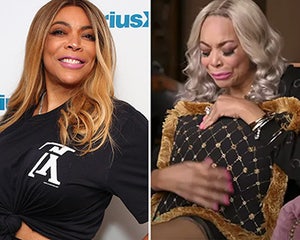 Getty/Lifetime
Getty/Lifetime
Wendy Williams Breaks Down in Heartbreaking Documentary Trailer: 'I Have No Money'
View StoryWendy's decline was unexpectedly chronicled in the upcoming docuseries, which was originally developed with Wendy on board as an executive producer to tell the story of her triumphant return as she prepared to launch a podcast in the wake of her talk show's cancellation.
Even after she found herself under guardianship, Wendy continued to struggle, which left the filmmakers in an unexpected position. "We asked ourselves almost every day, 'Is this helping Wendy or is this hurting her?'" said executive producer Mark Ford. "And in the end we felt like it was helping her. This is about the guardianship system and how it can be improved."
Suddenly, thanks to the docuseries, they had this access to Wendy amid this dramatic life change that has rarely been seen by the public. This allowed the filmmakers to shed light on the guardianship experience, which is largely unknown, from the inside.
"Just because you're under a guardianship doesn't mean that you're getting 24/7 care, and I think just leaving someone in their apartment isn't care," Ford told People. In fact, it was finding Wendy in her apartment with her eyes rolled back that led to the decision to stop filming.
At that point they worked with Wendy's manager Will Selby and her guardian to try and get her help. "The guardian did come around and was responsive to our pleas," said Ford. This was how Wendy wound up in the facility she's now been in for 10 months.
 Getty
Getty
Wendy Williams Fights with Bank Over Access to Her Money, Says She's Not 'Incapacitated' or Being 'Exploited'
View StoryIf and when she can leave is in the hands of her guardian, which is inexplicable to Ford after witnessing the type of care that Wendy had been receiving under the guardianship, and after meeting her family through the filming process.
"When we got to know Wendy's family, it was clear to us this was a nice family, and the question remained in our minds: Why is the family not able to be a part of Wendy's life? Why is the family not able to serve as her guardian?" he added. "I still don't fully have those answers."
It wasn't for lack of trying, though, as Ford said the crew attempted to talk to her guardian, but were "hung up on every single time." As such, there were key questions where they wanted answers and weren't able to get that information.
"We weren't able to really ask the questions that we would've loved to have asked, like, 'What's going on here on a daily basis? And why is there no food in Wendy's apartment, for example?'" said Ford. "Simple things that we were able to see just because we were there so often."
 Instagram
Instagram
Tallulah Shares Update on Dad Bruce Willis' Dementia Diagnosis
View StoryIf Wendy had been declared legally unable to take care of herself and a guardian was appointed to make sure her basic needs were met, then why did it appear that wasn't happening? Williams' guardian did not respond to People's request for comment on their story.
In People's coverage of this story, they dug deeper into the guardian and conservatorship issue, reaching out to investigative journalist Diane Dimond, who wrote a book about it, We're Here to Help: When Guardianship Goes Wrong.
He said that of the two million people currently living under court-mandated control, he's seen that in more and more situations, "judges are overlooking family members, they're overlooking friends, and they're going immediately to these professional, for-profit appointees, and they're complete strangers to these wards of the court."
At this point, the "ward of the court" gives up all rights in their lives, including the ability to make any personal or financial decisions for themselves. And because it all happens outside of criminal or civil court, Dimond says "there's no due process" to protect the potential ward.
He also said that it's very hard to get out of a guardianship once place into them. "If we were a society that really cared about protecting at-risk people, vulnerable people, then tell me why there's so many people sleeping out on the streets," he argued. "We only seem to care about putting people who've got some money in guardianships, and Wendy Williams has got money."
Where Is Wendy Williams? airs across two nights on Lifetime this weekend, Saturday and Sunday at 8pm ET.



